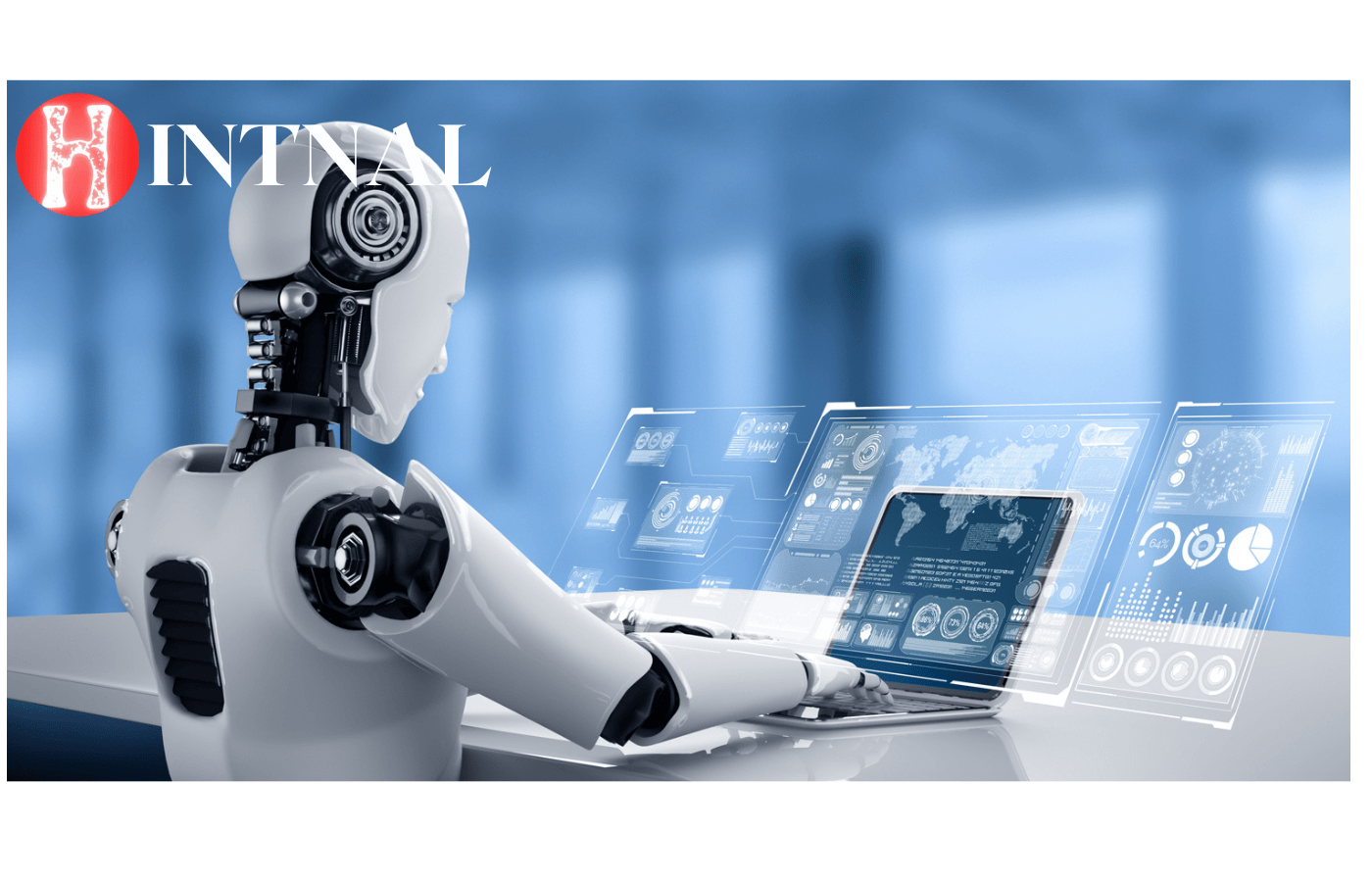Artificial Intelligence (AI) has been a buzzword in the tech world for many years now, with many people hailing it as the future of technology. However, despite the advancements that have been made in the field, it’s important to recognize that AI is not truly intelligent. While AI systems can perform certain tasks with a high degree of accuracy and efficiency, they are still limited in their abilities. In this article, we will explore why AI isn’t truly intelligent and what this means for the future of the technology.
First, it’s important to understand what we mean by “intelligence”. Intelligence is a complex and multifaceted concept that includes not only the ability to perform tasks, but also the capacity for reasoning, problem solving, and abstract thought. AI, on the other hand, is limited to the tasks it has been programmed to perform and does not have the ability to truly understand the world around it.
One of the biggest limitations of AI is that it operates within the parameters set by its creators. AI systems are programmed to perform specific tasks based on
a set of rules and algorithms, and cannot deviate from these rules. This lack of flexibility and ability to think outside the box means that AI systems can only perform tasks that they have been specifically designed to perform. For example, an AI system designed to play chess will not be able to play a game of poker, as it has not been programmed to understand the rules of the game.
Another major limitation of AI is that it is unable to understand context. AI systems can process vast amounts of data and make predictions based on that data, but they do not have the ability to understand the meaning behind that data. For example, an AI system may be able to recognize a picture of a cat, but it does not understand what a cat is or the importance of cats in human culture. This lack of understanding of context means that AI systems can sometimes make decisions that are not in line with human values or ethics.
Finally, AI systems are unable to understand the emotional impact of their actions. Human intelligence is not just about processing information and making decisions, but also about understanding the emotional impact of those decisions. AI systems lack the ability to understand the emotional implications of their actions, and this can lead to decisions that are insensitive or even harmful to humans.
In conclusion, while AI has made significant progress in recent years, it is still far from truly intelligent. AI systems are limited by their programming and are unable to understand context, emotions, or the world around them. As AI continues to advance, it is important to recognize these limitations and work to develop systems that can truly understand the world and make decisions in line with human values and ethics. Only then will AI be able to live up to its full potential as a technology that can make a positive impact on the world.


1 Comment